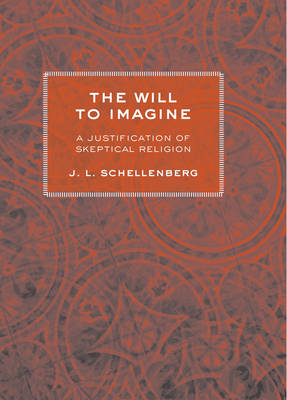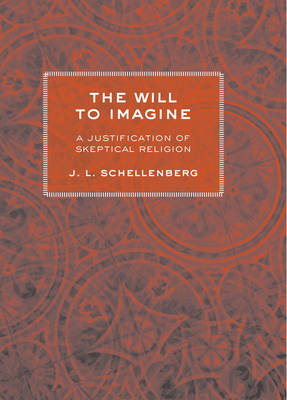
- Retrait gratuit dans votre magasin Club
- 7.000.000 titres dans notre catalogue
- Payer en toute sécurité
- Toujours un magasin près de chez vous
- Retrait gratuit dans votre magasin Club
- 7.000.0000 titres dans notre catalogue
- Payer en toute sécurité
- Toujours un magasin près de chez vous
Description
The Will to Imagine completes J. L. Schellenberg's trilogy in the philosophy of religion, following his acclaimed Prolegomena to a Philosophy of Religion and The Wisdom to Doubt. This book marks a striking reversal in our understanding of the possibility of religious faith. Where other works treat religious skepticism as a dead end, The Will to Imagine argues that skepticism is the only point from which a proper beginning in religious inquiry--and in religion itself--can be made.
For Schellenberg, our immaturity as a species not only makes justified religious belief impossible but also provides the appropriate context for a type of faith response grounded in imagination rather than belief, directed not to theism but to ultimism, the heart of religion. This new and nonbelieving form of faith, he demonstrates, is quite capable of nourishing an authentic religious life while allowing for inquiry into ways of refining the generic idea that shapes its commitments. A singular feature of Schellenberg's book is his claim, developed in detail, that unsuccessful believers' arguments can successfully be recast as arguments for imaginative faith.
Out of the rational failure of traditional forms of religious belief, The Will to Imagine fashions an unconventional form of religion better fitted, Schellenberg argues, to the human species as it exists today and as we may hope it will evolve.
Spécifications
Parties prenantes
- Auteur(s) :
- Editeur:
Contenu
- Nombre de pages :
- 288
- Langue:
- Anglais
Caractéristiques
- EAN:
- 9780801478529
- Date de parution :
- 13-09-12
- Format:
- Livre broché
- Format numérique:
- Trade paperback (VS)
- Dimensions :
- 142 mm x 221 mm
- Poids :
- 362 g

Les avis
Nous publions uniquement les avis qui respectent les conditions requises. Consultez nos conditions pour les avis.






